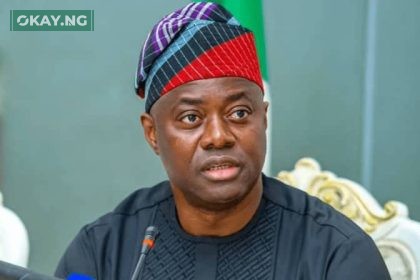A federal government visitation panel on Correctional Centres across Nigeria has described the conditions of the facilities and their inmates as “terrible and unbearable.” Led by Mr. Olawale Fapohunda (SAN), the panel revealed that many inmates are languishing in detention due to a lack of legal representation and the inability of the Legal Aid Council to handle the overwhelming number of cases.
Presenting the panel’s report to the Attorney-General of the Federation (AGF) and Minister of Justice, Prince Lateef Fagbemi (SAN), Fapohunda highlighted the dire state of the centres. He noted that during their audit, the panel interacted with various categories of inmates and found their conditions deplorable. Many inmates suffer from untreated ailments, with the authorities unable to cover the cost of their medication.
Fapohunda, a former Attorney-General of Ekiti State, urged the AGF and the federal government to intervene urgently to improve the conditions of the centres and their inmates. He called for an emergency meeting of the Body of Attorneys-General to address the issue and propose concrete solutions to alleviate the suffering of inmates.
“It would have been odd if the working group had focused solely on Section 35 inmates and ignored others in urgent need of attention,” Fapohunda said. “Many inmates remain in detention longer than the maximum sentence for their offences simply because they lack legal representation. The Legal Aid Council, though mandated to provide free legal services, is under-resourced and unable to make a significant impact.”
AGF Fagbemi acknowledged that the working group was established as part of efforts to ensure access to justice and prevent undue detention in custodial centres. He emphasized that the initiative aligns with President Bola Tinubu’s Renewed Hope agenda and Nigeria’s obligations under national and international human rights instruments, including the Constitution, the Universal Declaration of Human Rights, and the African Charter on Human and Peoples’ Rights.
The report underscores the urgent need for reforms in Nigeria’s correctional system to address overcrowding, inadequate healthcare, and the lack of legal representation for inmates.












